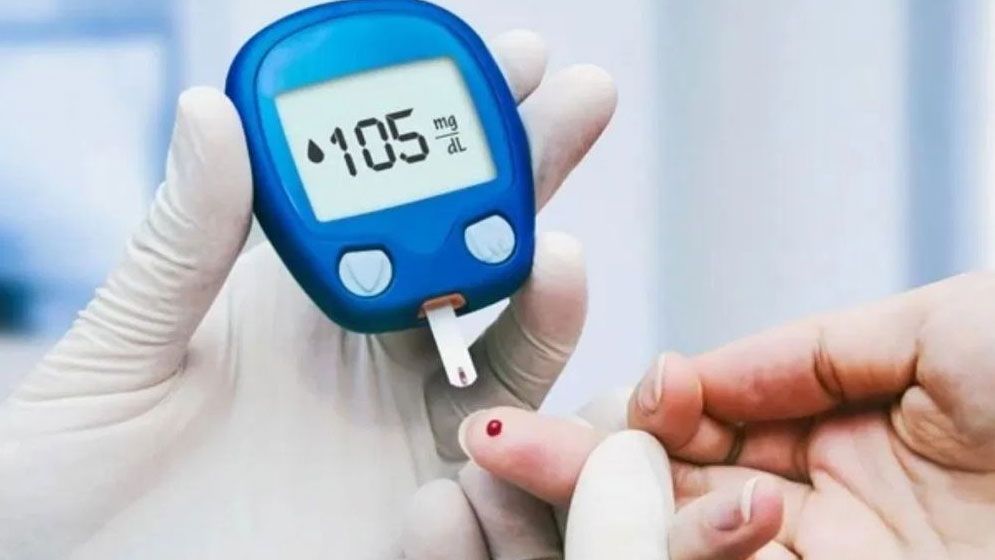If you visit a pathology lab every six months to test your blood sugar levels, you’re not alone. Blood sugar levels can fluctuate throughout the day, so some people use digital devices to check their diabetes at home. Typically, these tests are done after fasting overnight. Others check their blood sugar after a meal to monitor the “sugar spike.” But which method is the most reliable?
Medical experts say that for diabetes diagnosis and management, two main tests are important:
-
Fasting Blood Sugar Test: This test requires at least 8 hours of fasting, ideally in the morning right after you wake up. It measures your blood glucose without the influence of recent meals. Water is allowed before the test, but drinks like tea or coffee are best avoided for accurate results.
-
Postprandial Blood Sugar Test: This measures blood sugar levels at least 2 hours after eating a meal. It helps understand how your body handles glucose after food intake.
Why is fasting blood sugar so important? It shows how well your body regulates glucose naturally when at rest. For people with diabetes or prediabetes, high fasting blood sugar indicates problems like excessive glucose production by the liver or insulin resistance.
For those living with diabetes, both fasting and postprandial tests are crucial. The fasting test should be done early in the morning on an empty stomach. Postprandial testing involves a blood test exactly two hours after eating. Both tests measure different aspects of glucose control and are equally vital for managing diabetes.
In summary, to maintain optimal diabetes care:
-
Schedule fasting blood sugar tests after at least 8 hours of fasting, preferably early morning.
-
Avoid drinking tea, coffee, or calorie-containing liquids before the test.
-
Use postprandial testing to assess glucose control after meals.
-
Regularly monitor both tests to accurately manage diabetes, as both fasting and post-meal glucose levels impact overall health.
Following these guidelines will provide more precise and actionable information about your blood sugar control, helping you and your healthcare provider keep diabetes under control effectively.







